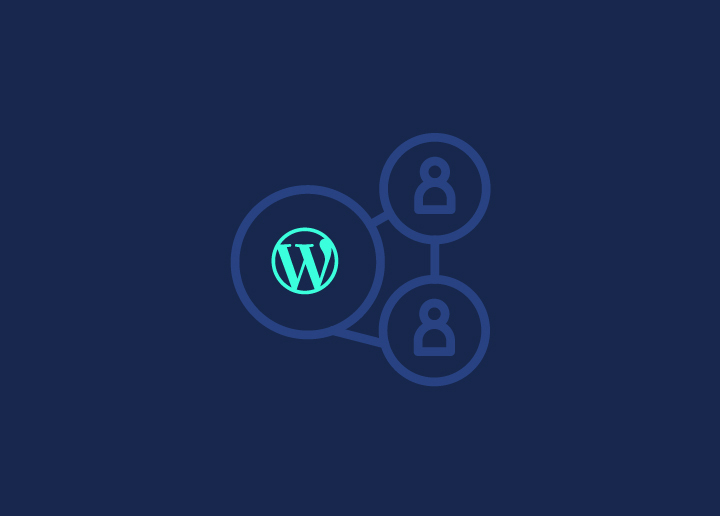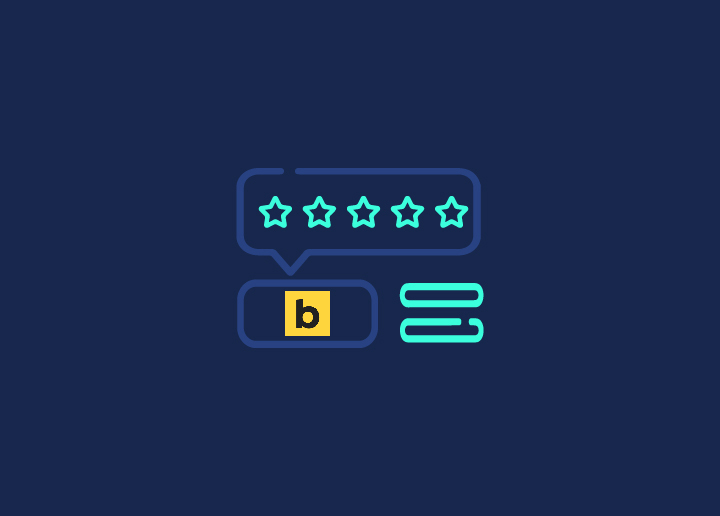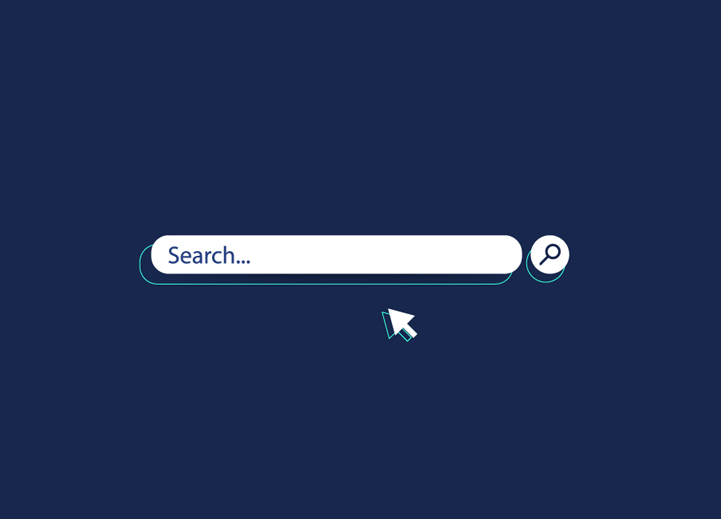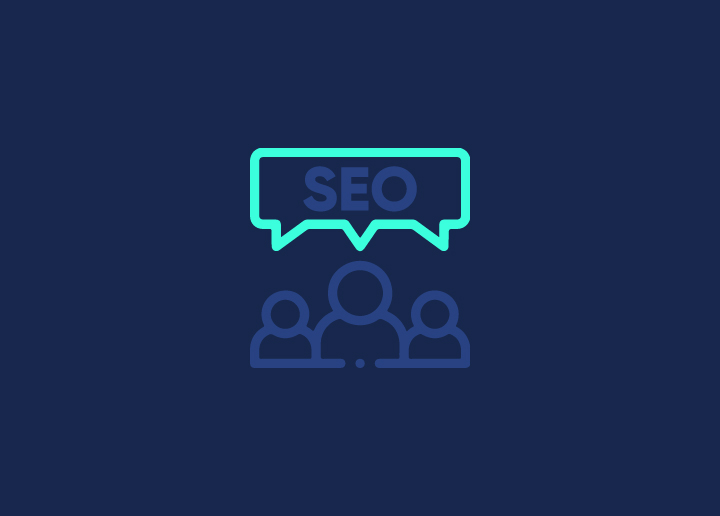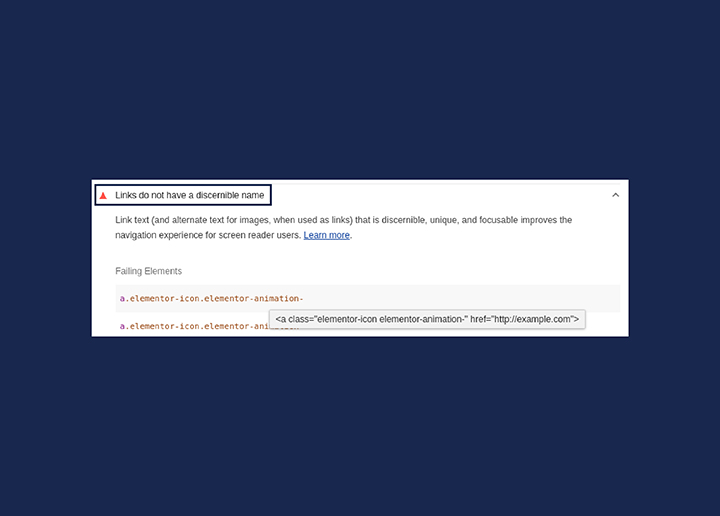Over 80% of Internet users go through a search engine before accessing a website. It’s a reflex!
Search engines have become one of the most robust tools on the internet and an essential part for billions of internet users worldwide in today’s digitized era.
But do you know how search engines work? For SEO practitioners, it is also essential to understand how search engines work because it helps them determine what steps to take to meet their goals. In this guide, we will share the information on how search engines work; this will cover the processes of crawling, indexing, and ranking.
Contents
ToggleWhat is a Search Engine?
In a nutshell, a search engine is a system run by computer programs which “crawl” the web to find the best information from countless pages, according to the query entered in the search field. When the crawler detects a new document or an update, its data is stored on the search engine’s servers; this process is referred to as caching. Then the search engine ranks the document on its Search Engine Result Page (or SERP, in its abbreviated form) according to the relevance.
On the results page, the engine can display links, but also video, images, products, or whatever it deems likely to answer the user’s search query.
SEO is relevant for a business~ Why?
81% of people search online for a product or service.
Search engines matter because they scour billions of pieces of content to determine the exact information about products, brands, and services that customers access online; this is a massive opportunity for businesses. Being easy to find on Google, Bing, or Yahoo, is essential for companies to make their presence better. As we know, today’s consumers and organizations both rely heavily on search engines to find the products & services they need. Thus, the importance of search engines for current businesses is likely to grow at its exponential rate.
Hence, if a business doesn’t optimize its website for search engines, they risk losing their potential customers.
How does a search engine work?
Now we come to the most crucial and technical part, yes, but an exciting part.
We will see how search engines work; how do they find the pages? What they do and how they select them to display on the result pages.
There are three critical steps to how most search engines work: Crawling, Indexing, & Ranking.
Crawling (also called exploration)
To offer the best websites on the results pages, search engines must crawl the internet. For this, search engines use web crawlers- often referred to as bots or spiders – which are research programs.
Robots explore the web without ever stopping in search of new pages, reading content on billions of web pages.
Therefore, their fundamental function is to visit and revisit pages in search of new content to index.
Indexing
Indexing is a process by which search engines try to understand what the page is about. Then it analyzes the content of the page, catalogs images, and video files embedded on the page. Then, this information is stored in an index, a massive database with a catalog entry for every word seen on every webpage traversed.
To improve your page indexing, one should create short and meaningful page titles and use page headings that convey the page and text rather than images to convey content.
Ranking
When a user types a query, search engines sort through indexed information and return the most relevant answer.
The order of ranking is indeed not determined manually (this would be impossible). Engines have developed highly complex formulas – algorithms – to separate the wheat from the chaff and then sort the wheat in order of taste. Hundreds of components often form these algorithms.
To rank your site:
A site is ranked based on hundreds of different ranking factors, but the exact details of all these factors are a well kept secret recipe by the Search Engines. They share only a few of them but critical so that the site owners won’t find it challenging to get their content ranked correctly.
Here are few tips to improve your site serving/ranking:
- Make your page fast to load and mobile-friendly.
- Avoid content of lower quality
- Don’t use broken link
- Help the robot to understand your site by adding a sitemap so they rank in search results.
- Don’t allow indexing of 404 pages in search engines.
Final Thoughts
SEO must be at the heart of your visibility strategy because it allows you to connect with your potential customers. SEO (optimization of a site for search engines) requires a good knowledge of search engines and time. It’s a long-term process and never really ends. Indeed, users change their behavior, trends change, and thus engines evolve. Therefore, it is necessary to keep your eyes open and embrace the change accordingly to optimize the site as much as possible.








